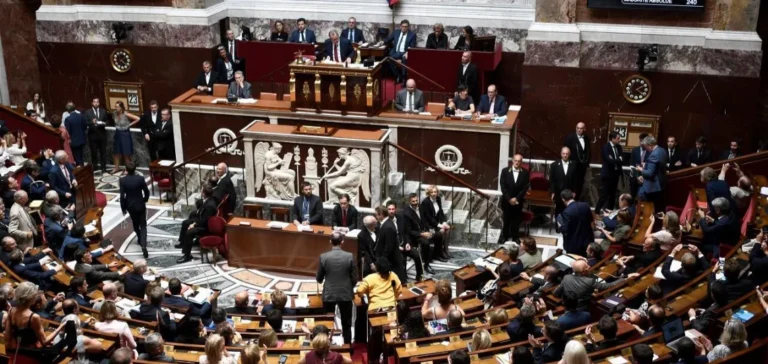MPs have passed a key amendment as part of the 2026 draft budget, challenging the new electricity pricing system scheduled to take effect from January 1. The provision, tabled by MP Maxime Laisney (La France insoumise), received support from members of the Rassemblement national, highlighting an unusual convergence on a major energy policy issue.
Removal of the planned redistribution mechanism
The government’s planned mechanism was based on greater liberalisation of sales by Électricité de France (EDF), coupled with a redistribution system known as the “nuclear rebate”. This would be activated if EDF’s revenues exceeded a ceiling set by the state. The amendment adopted in committee eliminates this mechanism, deeming it both unstable and unpredictable for consumers and businesses.
According to the approved text, the taxation thresholds in the initial proposal excessively favoured the incumbent operator at the expense of end users. The new proposed system introduces direct revenue capture from producers when their margins exceed 3.5% at each power plant, representing a stricter regulatory approach.
A return to regulated tariffs as the reference
The amendment also calls for a revision of how regulated electricity tariffs are calculated, so they reflect actual production costs of the French electricity system, rather than wholesale market prices. The authors argue that this approach could reduce the impact of market volatility on customer bills.
Additionally, the text supports the reinstatement of regulated gas tariffs, which were removed in June 2023 and replaced with a so-called “reference price”. That change had been criticised by consumer associations, who viewed the new system as offering less protection.
Recommendations based on a parliamentary report
The amendments are largely based on a parliamentary report published in early October by MPs Philippe Bolo (Les Démocrates) and Maxime Laisney. The document highlighted the shortcomings of the planned pricing reform, stating that it failed to guarantee either adequate consumer protection against market fluctuations or sufficient revenue to fund the investment needed for the nuclear fleet’s revival.
Another amendment, proposed by MP Emmanuel Maurel (Communist group), was also adopted. It seeks to reinstate the reduced 5.5% VAT rate on electricity subscriptions, which had previously been removed. This provision adds to the set of committee-adopted measures aimed at overhauling national tariff mechanisms.






















